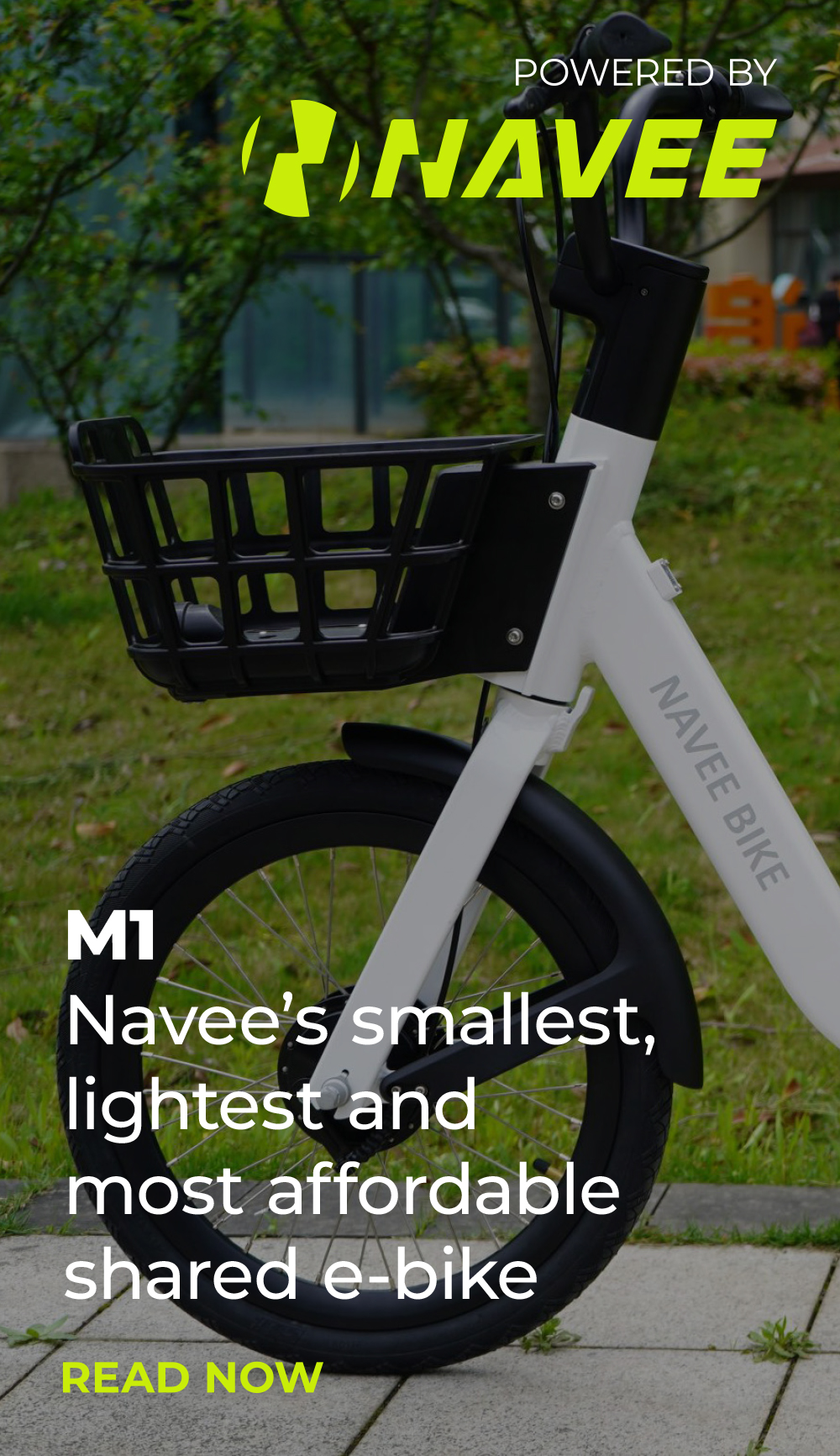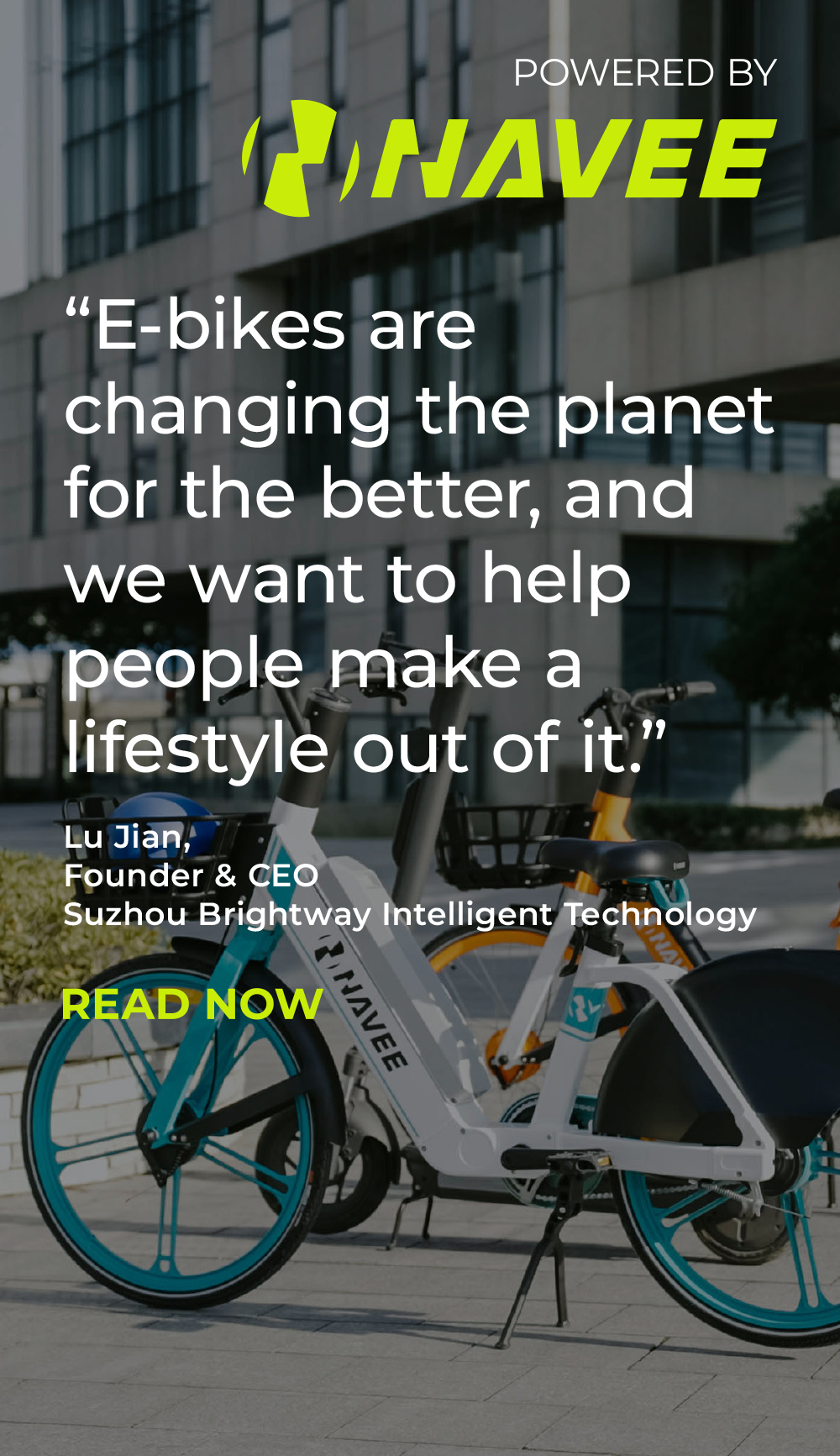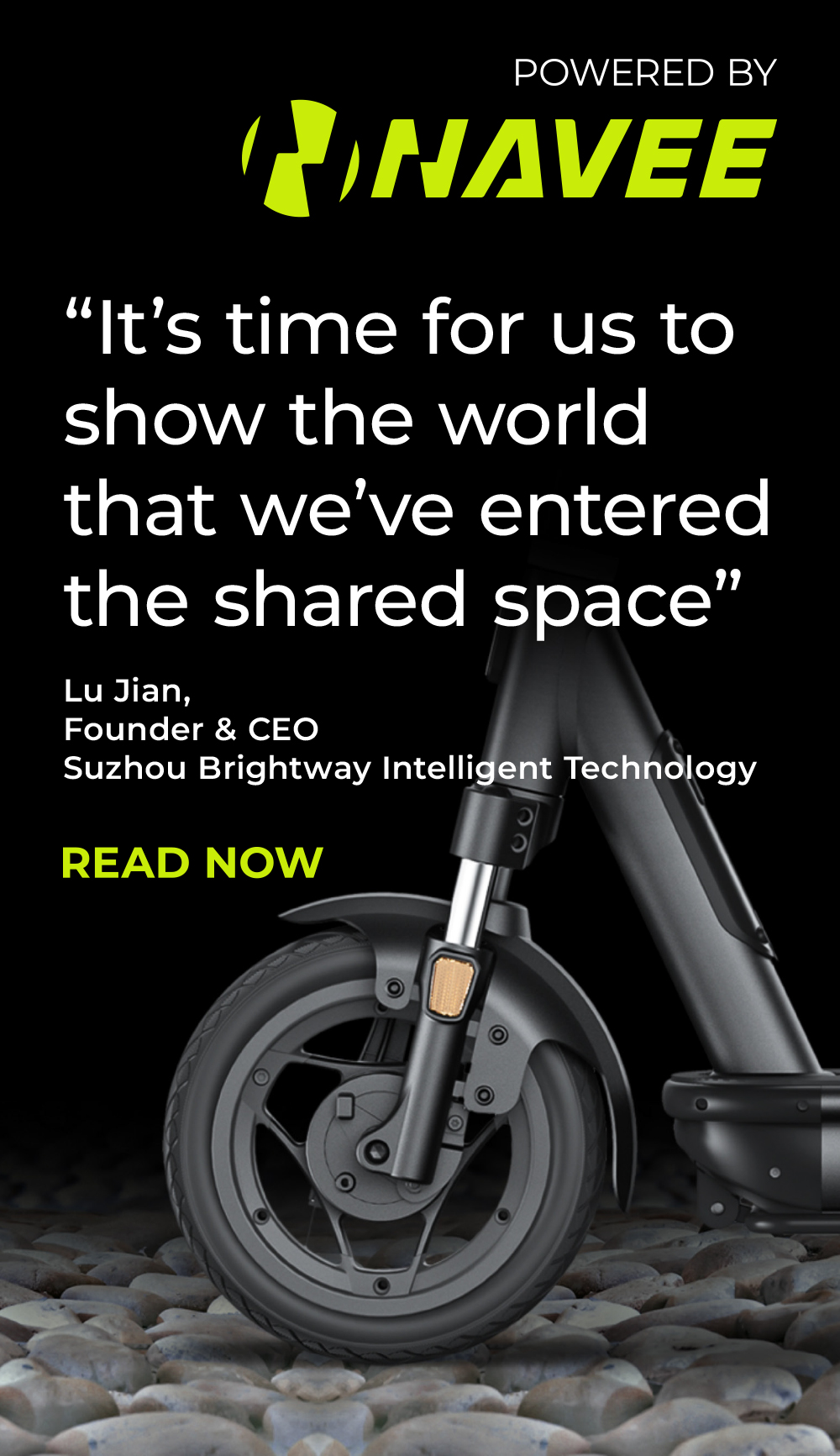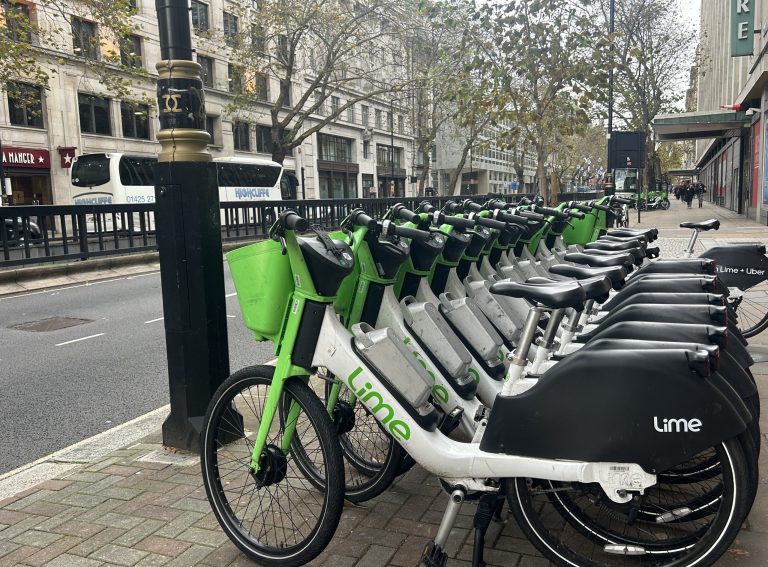Transport for London has awarded a £185,000 contract for a micromobility data-sharing pilot programme to Bluecarsharing SAS.
(Nope, we’ve never heard of the company either. But it’s based in France, apparently.)
The project is a Very Good Idea. Under its 18-month term, TfL wants to know exactly where dockless e-scooters and bikes are, to within a single minute. This information will be shared with London boroughs, too. We’ve already said that councils need to insist on data so this is a promising move.
“TfL and London boroughs have limited information on trips made by dockless cycles, and limited influence on dockless rental companies despite operators being reliant on public infrastructure,” says the tender document. “TfL and boroughs need a dynamic view of how new modes of transport such as dockless rental bikes and e-bikes could help to effectively deliver the Mayor’s Transport Strategy goals and avoid the potential dis-benefits of thousands of mobile assets moving around London and causing obstructions in the public realm.”
(We’re also not a fan of this new fad of calling problems “dis-benefits” but that’s a story for another day.)
“TfL is seeking to appoint a provider to develop a system capable of ingesting data from micro mobility operators in London to provide TfL and participating London boroughs with near real time (up to 1 minute latency) visibility of activity across London and informative analytics,” the tender doc further says. “Such a system will support network performance optimisation and long-term transport planning decisions in London.”
In short, London is going about its forthcoming electric scooter programme in exactly the right way. Being able to monitor, measure and analyse exactly what is happening, as well as where and when, will put TfL and boroughs in the driving seat when it comes to shaping the most sophisticated scooter trial yet seen anywhere in the world.
Our take
Transport for London has appointed an organisation to provide a platform to manage micromobility data from future bike-share and e-scooter sharing operators in London. Such a platform would repurpose the data, providing reporting on bike-share bikes and shared e-scooters for each borough in the capital that hosts the vehicles, as well as TfL itself.
The system would also likely provide information on permitted numbers of vehicles per area, restricted zones (eg slow speed, no parking or no riding) to ensure competing operators were subject to a consistent set of conditions.
It is clear that such a system is needed for a large and complex city like London. It’s not just that there are 33 boroughs (including the City), many of whom will be taking part and all who will have different policy ideas and requirements.
But it’s also needed because every operator has slight differences in the way they operate – how they redistribute, charge and maintain bikes and scooters.
There have also been lessons learned from when oBike first launched bike-share bikes unexpectedly, in summer 2017, closely followed by Mobike and ofo. Councils scrambled to manage this new and novel use of the streetspace, and had to come up with often conflicting and unhelpful limits which were difficult to enforce. In short, it was chaos.
This time, the councils and TfL are preparing properly, and this system will be their window into the micromobility sharing world. Hopefully it will provide the insight they need and encourage them to facilitate the growth of the market in London so that shared e-scooters and bike-share bikes truly become available for all. OOB






